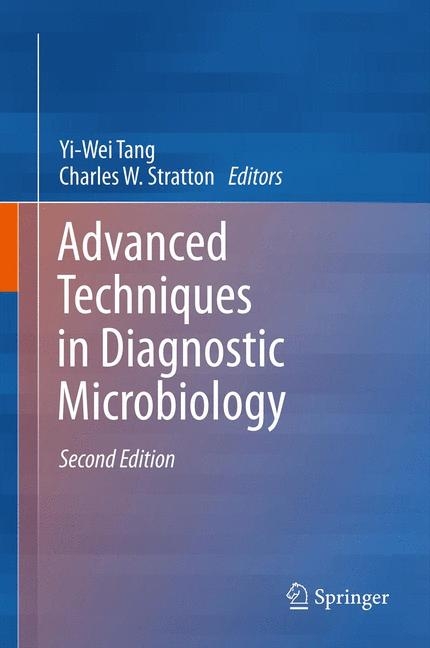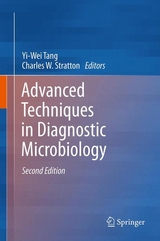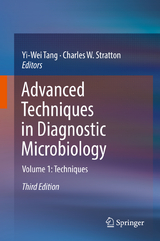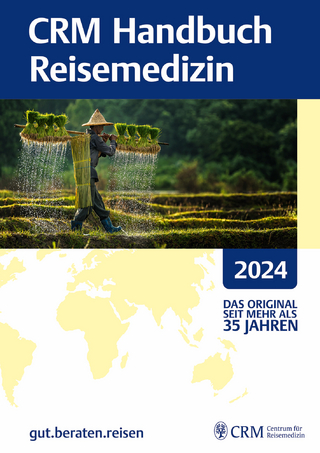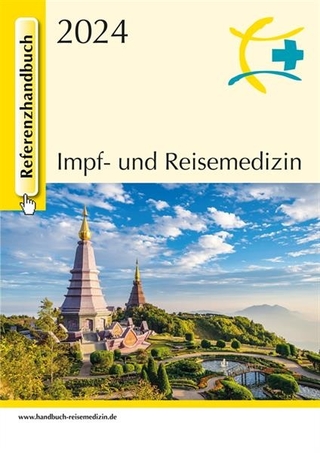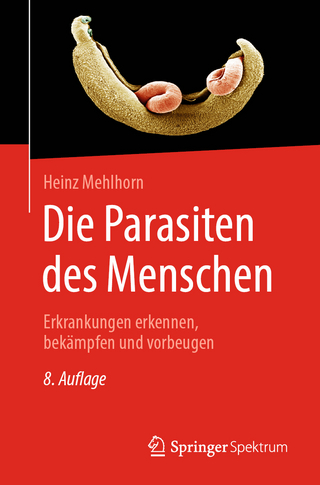Advanced Techniques in Diagnostic Microbiology
Springer-Verlag New York Inc.
978-1-4614-3969-1 (ISBN)
- Titel erscheint in neuer Auflage
- Artikel merken
In the United States, hospitals annually report over 5 million cases of infectious-disease-related illnesses: clinical microbiology laboratories in these hospitals are engaged in detecting and identifying the pathogenic microorganisms in clinical specimens collected from these patients with suspected infections. Clearly, the timely and accurate detection/identification of these microbial pathogens is critical for patient treatment decisions and outcomes for millions of patients each year. Despite an appreciation that the outcome of an infectious-disease-related illness is directly related to the time required to detect and identify a microbial pathogen, clinical microbiology laboratories in the United States as well as worldwide have long been hampered by traditional culture-based assays, which may require prolonged incubation time for slowly growing microorganisms such as Mycobacterium tuberculosis. Moreover, traditional culture-based assays often require multiple steps with additional time needed for discernment of species and/or detection of antimicrobial resistance. Finally, these traditional, slow multistep culture-based assays are labor-intensive and required skilled clinical microbiologists at the bench.
Over the past several decades, advanced molecular techniques in diagnostic microbiology quietly have been revolutionizing the practice of clinical microbiology in the hospital setting. Indeed, molecular diagnostic testing in general and nucleic-acid-based amplification methods in particular have been heralded as diagnostic tools for the new millennium. There is no question that the development of rapid molecular techniques for nucleic acid amplification/characterization combined with automation and user-friendly software has greatly broadened the diagnostic capabilities of the clinical microbiology laboratory. These technical advances in molecular microbiology over the first decade of the 21st Century have profoundly influenced the physical structure of clinical microbiology laboratories as well as their staffing patterns, workflow, and turnaround time. These molecular microbiology advances have also resulted in the need for a revised and updated second edition of Advanced Techniques in Diagnostic Microbiology. This second edition again provides an updated and comprehensive description of the ongoing evolution of molecular methods for the diagnosis of infectious diseases. In addition, many new chapters have been added, including a chapter on the clinical interpretation and relevance of advanced technique results. The second edition, like the first edition, includes both a “techniques” section describing the latest molecular techniques and an “applications” section describing how these advanced molecular techniques are being used in the clinical setting. Finally, the second edition, like the first edition, utilizes a diverse team of authors who have compiled chapters that provide the reader with comprehensive and useable information on advanced molecular microbiology techniques.
Automated blood culture systems.- Breath test covering H. pylori and Aspergillus.- Rapid antigen test.- Advanced antibody detection.- Cytometry-based antimicrobial resistance techniques.- Rapid phenotypic systems and instruments for microbial identification.- Host response-based techniques, interferon, procalcitonin etc.- Functional assessment of microbial infections by real time cell analysis system
Cellular Fatty Acid-Based Microbial Identification and Antimicrobial Susceptibility Testing.- MALDI-TOF mass spectrometry.- Nucleic acid extraction techniques.- Nonamplified probe-based microbial detection and identification.- Molecular typing techniques: state-of-the-art.- An introduction to in vitro nucleic acid amplification techniques.- PCR and derivatives.- Non-PCR target amplification techniques.- Probe amplification techniques, LCR, CPT, REM, etc.- Signal amplification techniques, bDNA, Invader, Digene.- Real-time nucleic acid quantitation.- An introduction to amplification production detection techniques.- Gel electrophoresis, Southern blot, and colorimetric microtiter plate.- Direct sequencing for amplification product identification.- Matrix hybridization for amplification product identification.- Amplification product real-time identification through FRET.- PCR mass spectrometry
Amplification product inactivation.- Bacterial identification based on universal gene amplification and sequencing.- Molecular techniques for blood and blood product screening.- Molecular diagnostics of sexual transmitted disease.- Advances in the diagnosis of Mycobacterium tuberculosis.- Rapid Screening and Identification of MRSA.- Advanced methods for detection of food-borne pathogens.- Technical and clinical niches for point of care molecular devices.- Multplex PCR techniques and applications.- Technical advances in veterinary diagnostic microbiology.- Recent advances in veterinary diagnostic virology: report from an OIE.- Deep sequencing: technical advances and clinical microbiology applications.- Splicing RNA and application in clinical microbiology.- Application of microarrays for laboratory diagnosis of fungal infections.- Laboratory technical advances in diagnosis of Clostridium difficile infections.- Technical advances in molecular diagnostics of HIV-1 infections.- Liquid chip techniques for detection and identification of respiratory viruses.- Molecular diagnosis and monitoring of human papillomavirus infections.- Molecular niches for laboratory diagnosis of sepsis.- Advanced pathology techniques for emerging infectious disease pathogens.- Diagnosis and assessment of microbial infections with host miRNA profiles.- Clinical interpretation and relevance of advanced technique results.
| Erscheint lt. Verlag | 13.9.2012 |
|---|---|
| Zusatzinfo | 79 Illustrations, color; 53 Illustrations, black and white; XV, 957 p. 132 illus., 79 illus. in color. |
| Verlagsort | New York, NY |
| Sprache | englisch |
| Maße | 155 x 235 mm |
| Gewicht | 1619 g |
| Themenwelt | Medizin / Pharmazie ► Medizinische Fachgebiete ► Mikrobiologie / Infektologie / Reisemedizin |
| Medizin / Pharmazie ► Studium | |
| Schlagworte | Mikrobiologie |
| ISBN-10 | 1-4614-3969-8 / 1461439698 |
| ISBN-13 | 978-1-4614-3969-1 / 9781461439691 |
| Zustand | Neuware |
| Haben Sie eine Frage zum Produkt? |
aus dem Bereich
